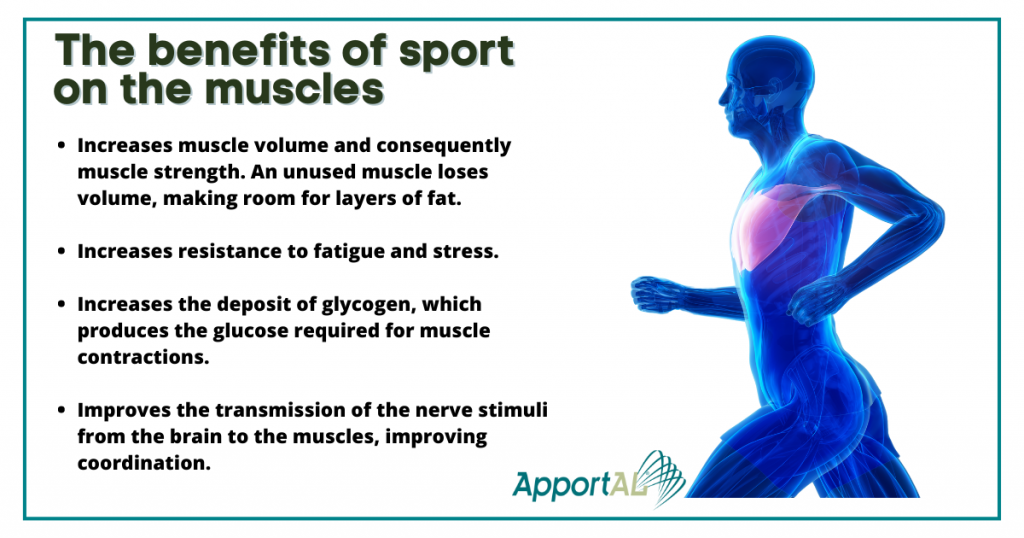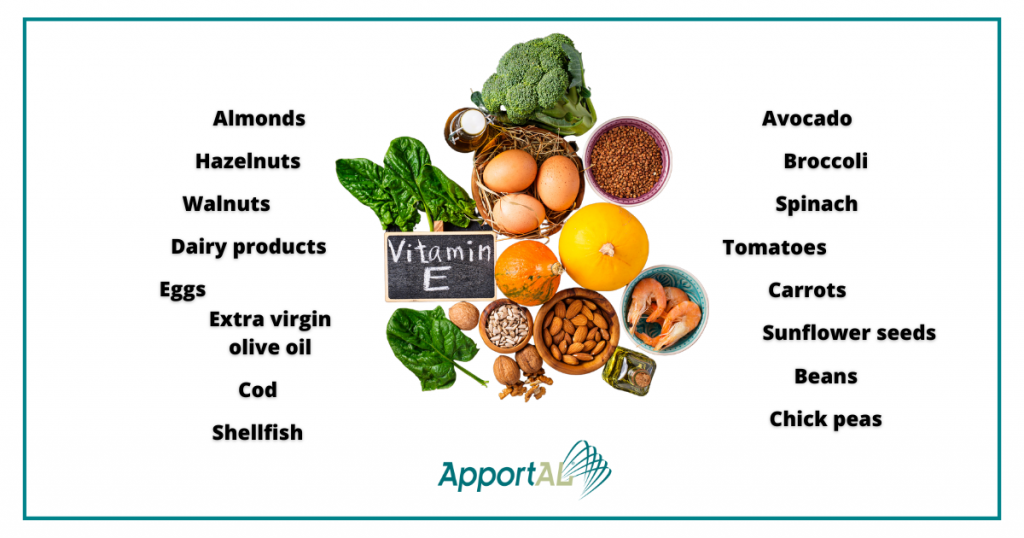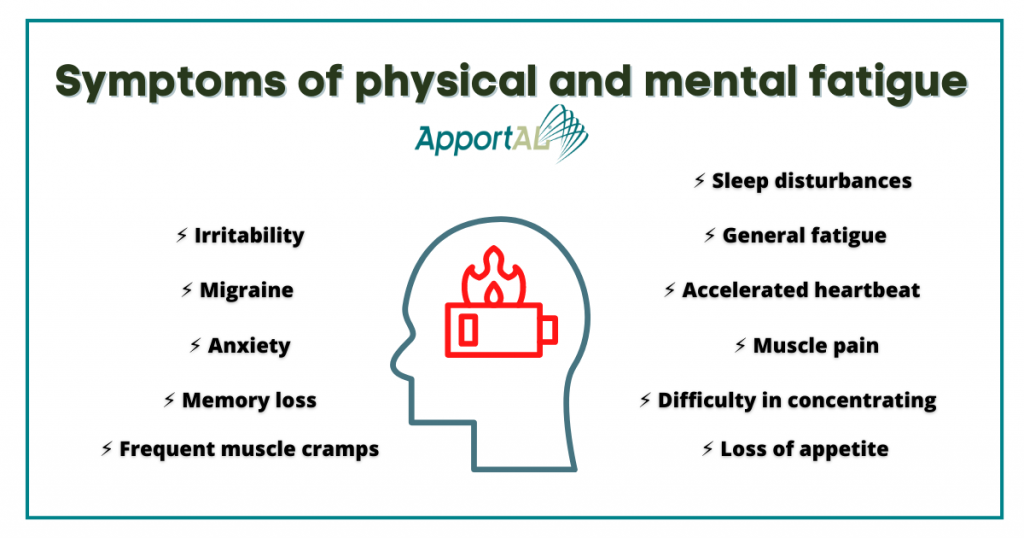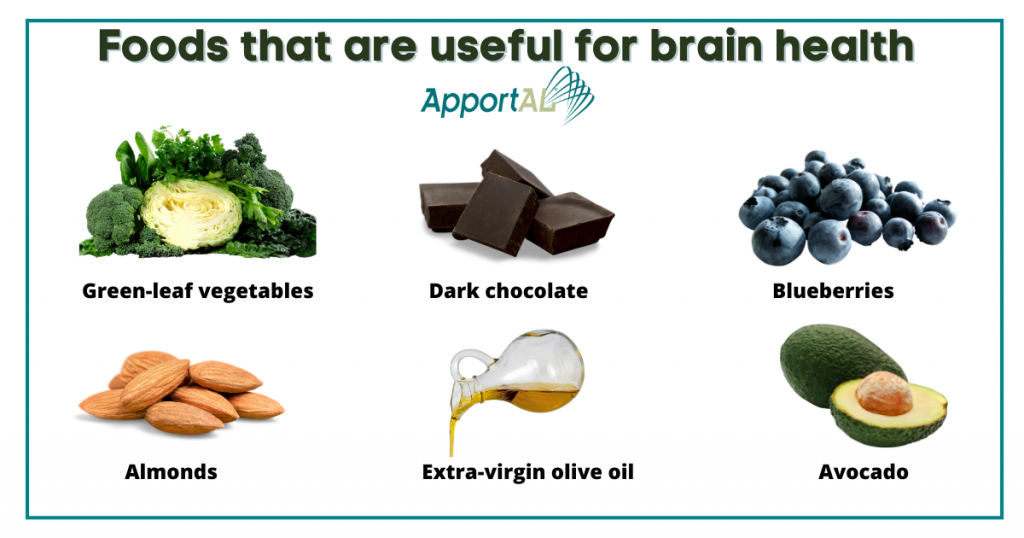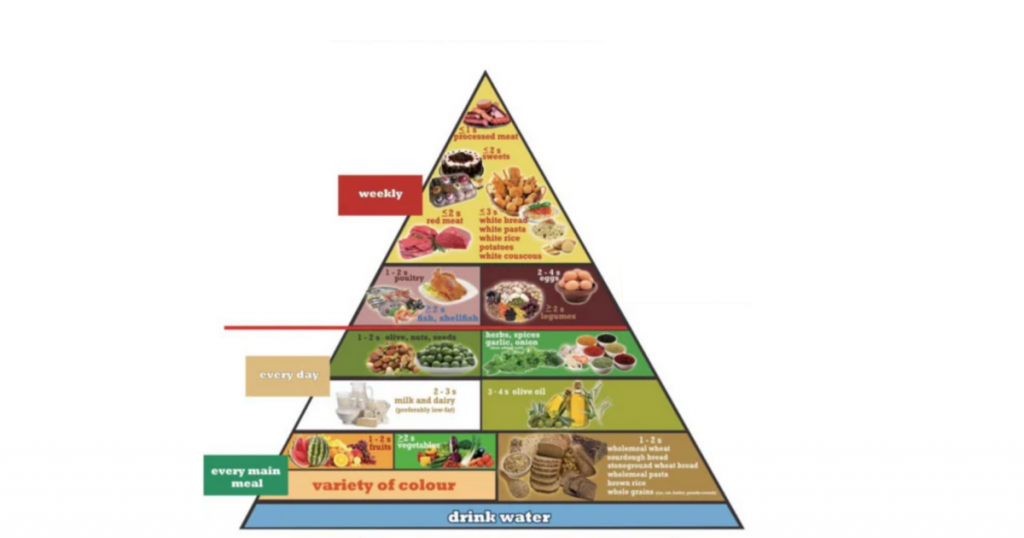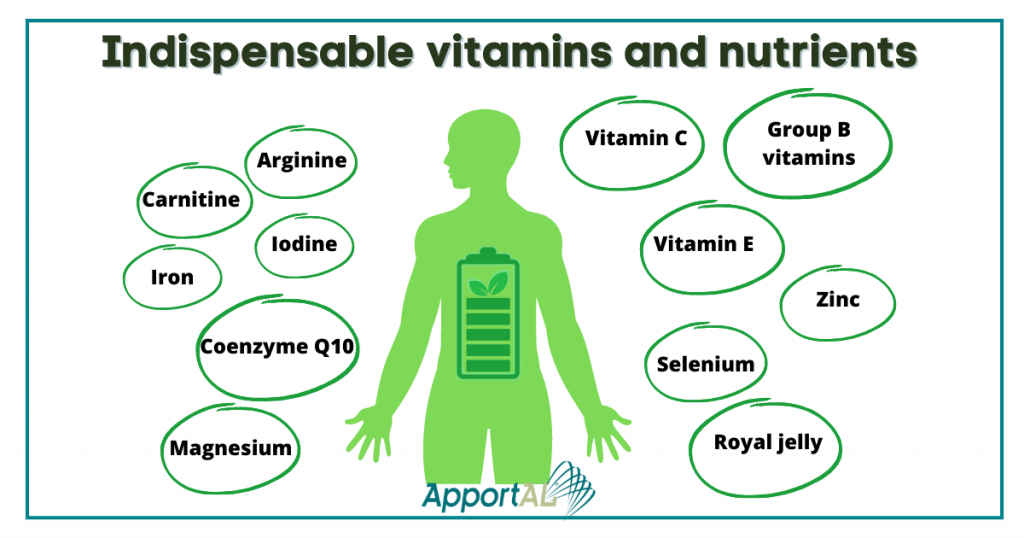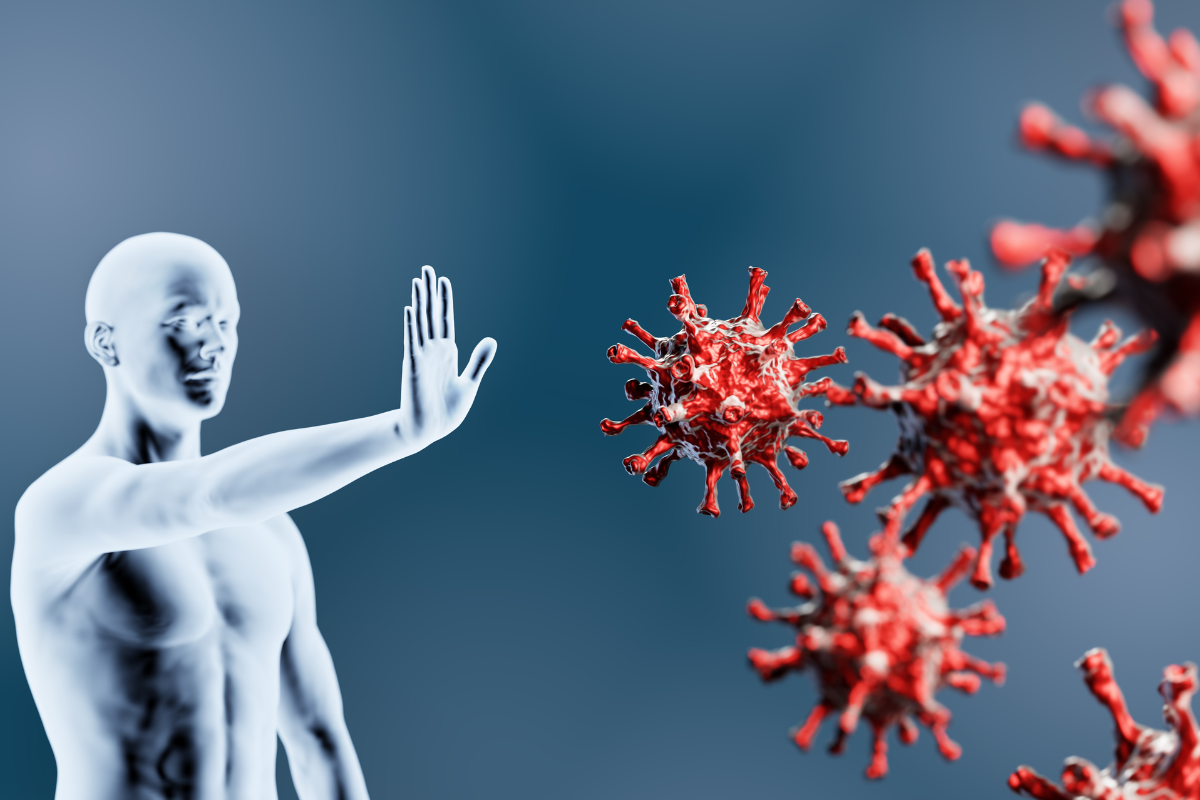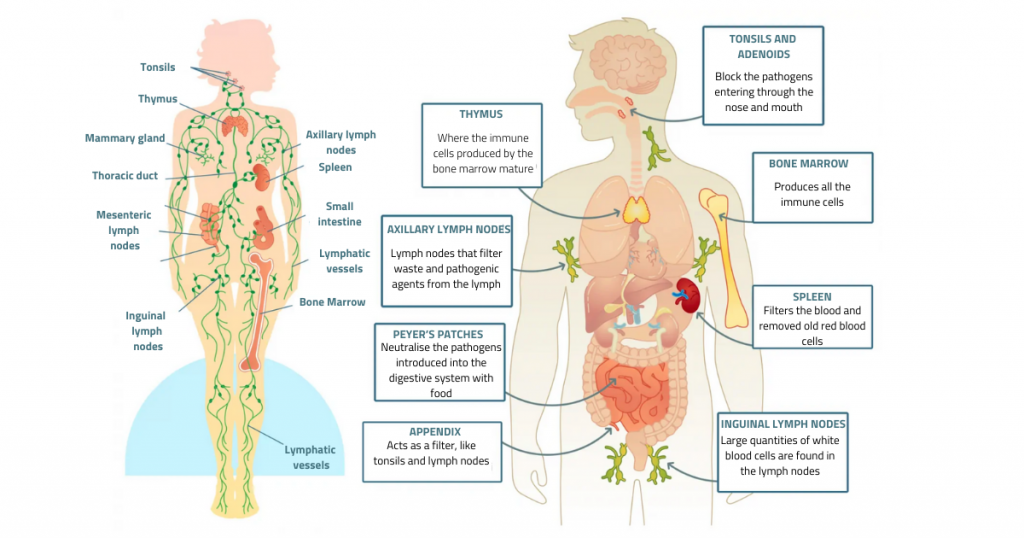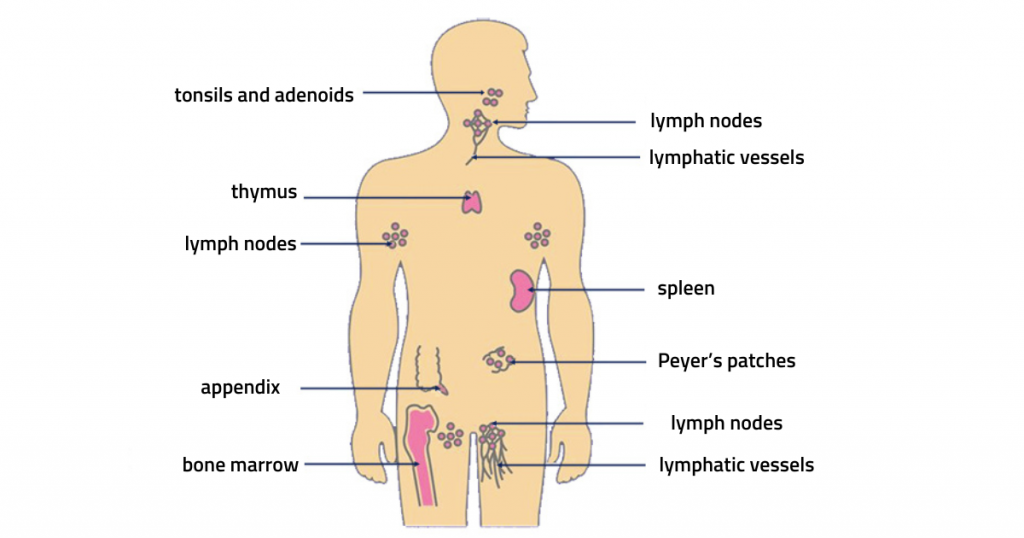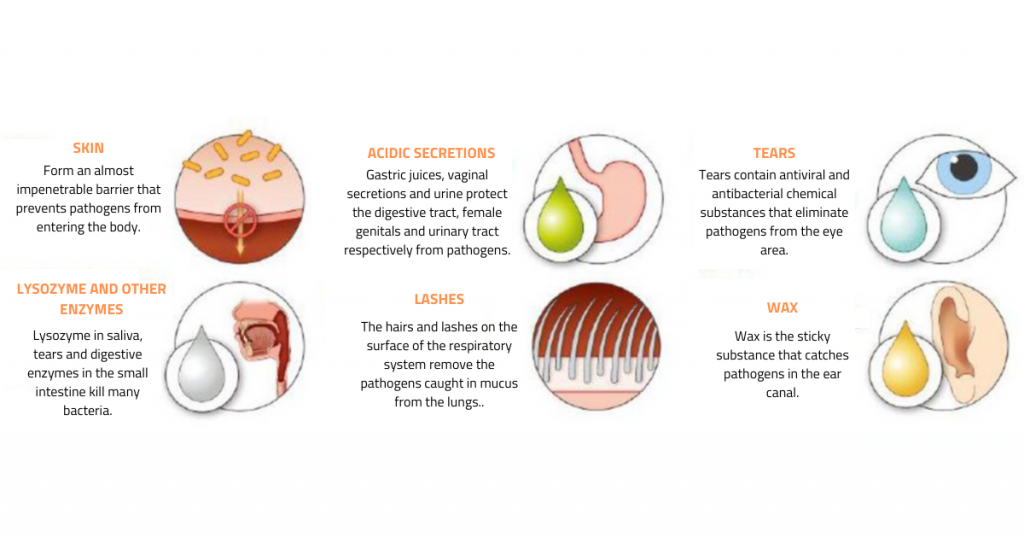Paediatricians and nutritionists agree on the importance of a varied, complete diet for children, rich in vitamins and minerals and low in sugars. Usually the daily meals are enough to meet nutrient needs and support growth, but during the change of seasons, teething or periods of increased irritability, children may lose their appetite or their immune defences may be weakened. In this case, the symptoms occur with frequent episodes of disease, pallor, sleep disturbances and tiredness.
In these situations, the vitamin intake deriving from the diet is not sufficient, and supplements formulated to fight nutritional deficiencies in children are necessary. In any case, we should remember that in all phases of growth and during adulthood, following a varied, balanced diet rich in fresh fruit and vegetables is a must for guaranteeing well-being for the body and helping the immune system to fight viruses and infections.
In which situations should supplements for children be given
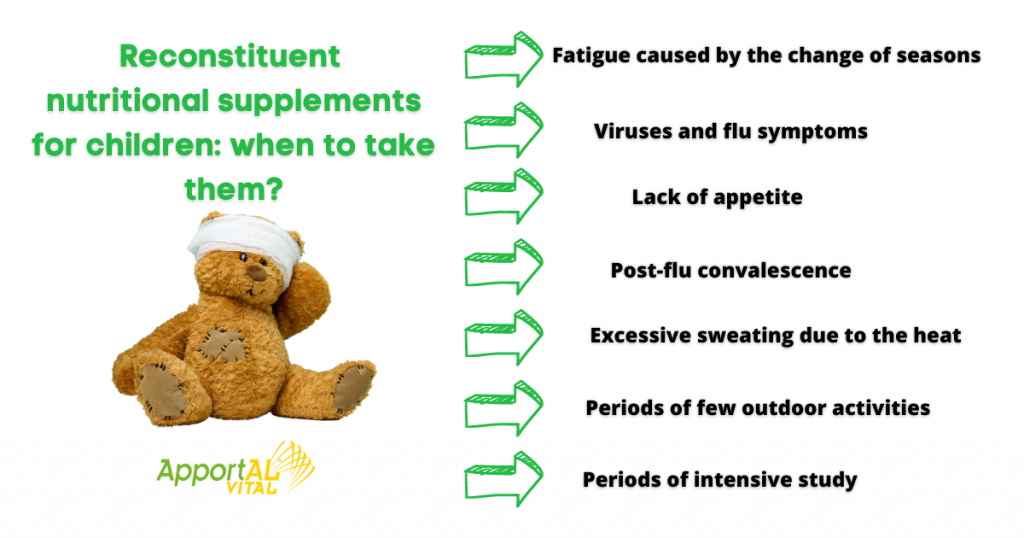
The nutritional supplement ApportAL® Vital contains vitamins and minerals formulated to help children’s (and adults’) bodies to restore the correct level of vitamins and minerals. Furthermore, it helps to support the immune system, restoring strength and vitality in convalescence and other particularly debilitating periods. In fact, ApportAL® Vital contains 19 nutrients, including elements strengthened with Sucrosomial® technology, an exclusive Pharmanutra S.p.A. patent, which increases tolerability, consequently improving absorption and bioavailability.
Extra advice for strengthening children’s immune system
In addition to a healthy, balanced diet, rich in fresh fruit and vegetables, it is worth taking some other precautions which, becoming part of the daily routine, can offer a fundamental support in maintaining a healthy immune system in children.
- Wash your hands: it is well known that washing the hands often is a good preventive measure against infections transmitted by bacteria and viruses.
- Open the windows frequently: fresh air helps to sanitise the room, preventing the build-up of germs.
- Outdoor activities: even in the colder seasons, sunny days are a perfect opportunity for taking a walk and playing outdoors. The sun’s rays help to synthesise vitamin D, which is an ally for the immune response.
- Sleep following a regular routine.
- Cover your mouth when sneezing or coughing: following this simple rule of good manners, children can help themselves and other children, especially at nursery school when they are more exposed to viral infections.




